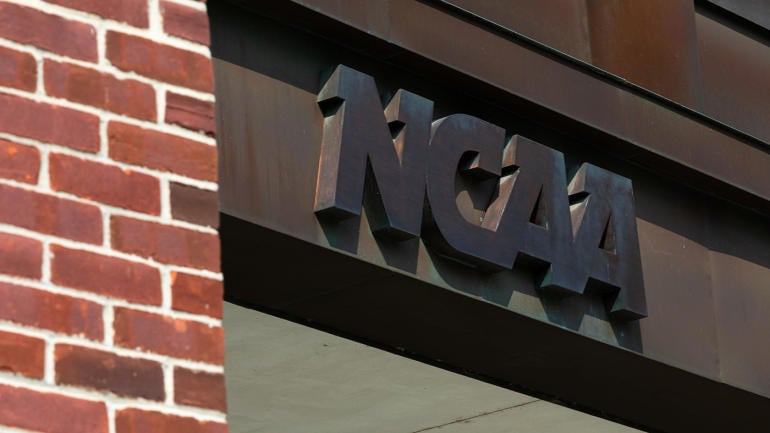
The NCAA announced adjusted punishment guidelines for athletes who bet on other college sports at their own school on Tuesday. While gambling on other NCAA sports would previously result in permanent loss of eligibility under the old rules, it will now result in a one-year suspension and lost year of eligibility.
The NCAA previously shared plans to ease punishments on gambling cases outside of a player’s own athletic department. A player betting on their own sport at another school could result in losing 50% of a season, while gambling on other sports results in punishments ranging from mediatory gambling education classes to 30% of a season based on a sliding scale of money wagered.
While the guidelines are adjusted for players who bet on other teams at their own school, punishments for players who gambled on their own teams remains a permanent loss of eligibility.
“To be clear, Division I members do not encourage student-athletes to engage in sports wagering at any level, and the actions today to modify reinstatement conditions should not be interpreted as support for wagering behaviors,” MAC commissioner Jon Steinbrecher said in a statement. “NCAA members continue to prioritize integrity of competition and felt that reinstatement conditions for violations of wagering rules should reflect that focus and, when possible, also accommodate opportunities for preventative education.”
The new ruling could provide relief for at least a handful of athletes involved in the betting scandals at Iowa and Iowa State. ISU tight end DeShawn Hanika was only cited for betting on Iowa State basketball games, but not football games. However, nine other Iowa and Iowa State football players are still facing permanent loss of eligibility after gambling on their own games.